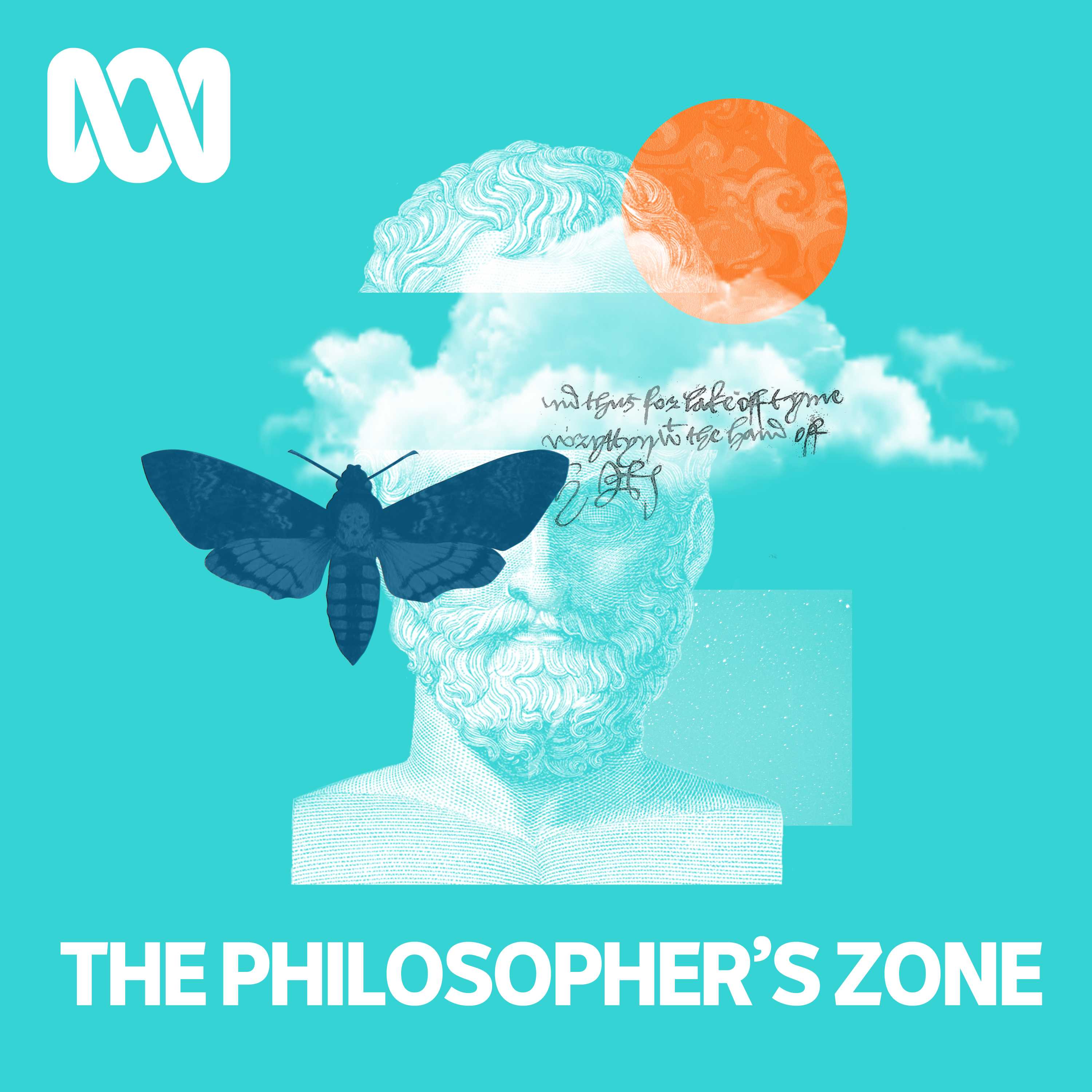

Philosopher's Zone
ABC
The simplest questions often have the most complex answers. The Philosopher's Zone is your guide through the strange thickets of logic, metaphysics and ethics.
Episodes
Mentioned books

Aug 21, 2022 • 0sec
What's new in death - part 2
If we cease to exist after we die, then is our fear of death a fear of... nothing?

Aug 14, 2022 • 0sec
What's new in death - part 1
Death holds a special fascination for all of us - but none more than philosophers, who have been pondering the puzzle of death for centuries. In this two-part series, we take a look at some recent approaches to an ancient mystery.

Aug 7, 2022 • 28min
Doctors and dualism
So you’re feeling sick, and you go to the doctor. The doctor sends you off for a range of diagnostic tests, which come back inconclusive. What happens next?

Jul 31, 2022 • 28min
Art and hate speech
This week we're exploring the idea that art can say things, and do things, and mean different things according to shifting historical circumstances - and that those sayings, doings and meanings aren't always benign or harmless. How should we respond to morally problematic art - particularly the kind of art that can function as hate speech?

Jul 24, 2022 • 28min
Simone de Beauvoir: becoming a woman
Simone de Beauvoir wrote that “One is not born, but rather becomes, a woman”. It’s a much-quoted phrase that appears to speak presciently to modern concerns around sex and gender. But how well is Beauvoir understood by contemporary feminists?

Jul 17, 2022 • 28min
Ubuntu
Ubuntu is an African tradition of thought whose ethical orientation is captured in the well-known aphorism “I am, because we are”. But what gets lost when Ubuntu is framed as a philosophical discourse in the Western intellectual tradition? And where do we see its successes and failures in the reconstruction of post-colonial Africa?

Jul 10, 2022 • 28min
Philosophy in a nutshell: The aphorism
Philosophy is often thought of as proceeding via elaborate conceptual systems. But sometimes, a choice phrase is all you need to get you thinking.

Jul 3, 2022 • 28min
The great and the good-enough
We live in a society dominated by the aspiration to greatness, where the ancient ethical ideal of "the good life" is often framed in terms of wealth, fame and power. The notion that we might settle for a "good-enough life" seems oddly countercultural - but this week we're exploring the virtues of modest ambition, and the ways in which a relentlessly competitive social order can damage everyone, from the least to the most successful.

Jun 26, 2022 • 28min
Pop, philosophy and politics
When philosophy turns its attention to music, it’s traditionally an exercise in high culture. Questions about the nature and function of music are often explored with reference to an established canon of “serious” music – while pop finds itself relegated to the margins. This week we’re getting serious about pop, and exploring the ways that the compositional and sonic structures of pop music reflect the social and political structures of the broader culture.

Jun 19, 2022 • 35min
Edmund Burke, revolution and reform
The 18th century British parliamentarian and philosopher Edmund Burke is routinely referred to as "the founder of modern conservatism", and at a glance it's not hard to see why. He believed in the authority of tradition and inherited values, staunchly opposed the French Revolution, and was in many ways out of step with the Enlightenment humanism of his day. But on closer inspection, Burke can look a little different. This week we're considering Burke as a reformer, even a progressive - and someone who would probably take a very dim view of the modern British Conservative party.


